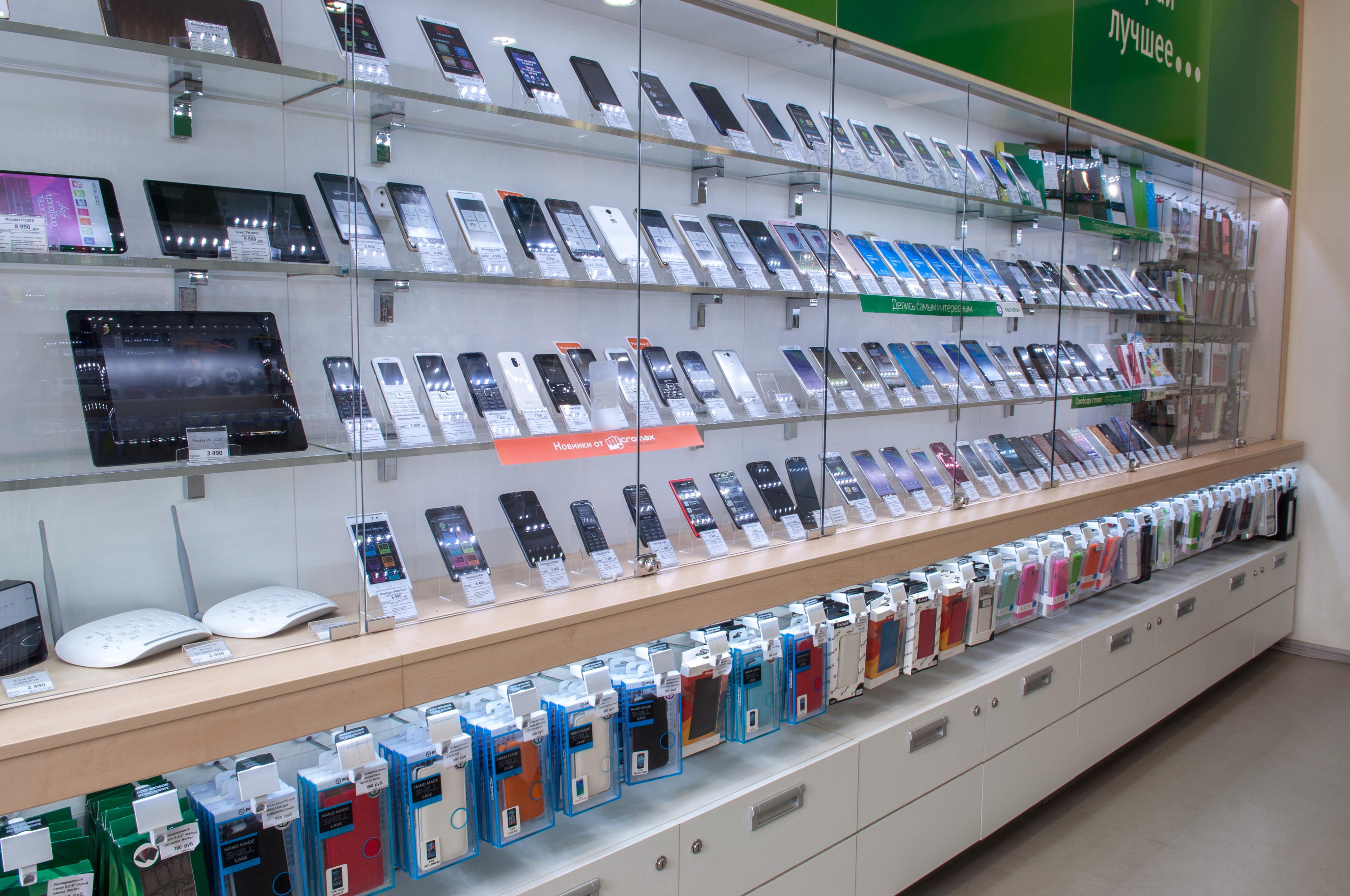wrongturn
Elder Lister

New 10pc phone tax takes effect Friday
Buyers of mobile phones face increased prices in a new duty slapped on the gadgets through changes to the laws taking effect Friday.
Buyers of mobile phones face increased prices in a new duty slapped on the gadgets through changes to the laws taking effect Friday.
The Finance Act 2022 has imposed a 10 percent excise duty on the importation of cellular phones in addition to Sh50 excise duty on every imported ready-to-use SIM card.
The two new duties on the purchase and use of mobile phones were not part of the original Finance Bill 2022 submitted by Treasury Secretary Ukur Yatani but were introduced during the debate by the House last month.
The duty on SIM cards was, for example, proposed by Kikuyu legislator Kimani Ichung’wah in last-minute amendments to the Bill which were adopted by the House.
“Excise duty on importation of cellular phones shall be at 10 percent of the excisable value,” reads the Act which President Uhuru Kenyatta signed into law last week.
The new duty will be calculated based on the cost of the mobile phones ordered into the country and other taxes and levies.
Tax experts said the new taxes on the purchase and use of mobile phones were aimed at raising new revenue rather than protecting a non-existent local industry.
“The Treasury and MPs have realised that mobile phones are a lifeline for everybody and there are more and more of us that are buying phones, and more and more will want to buy them in future,” Nikhil Hira, a partner at tax advisory firm Kody Africa LLP, said on telephone.
“I see it as a revenue-generating measure because of the number of people that want a mobile phone. It doesn’t make a lot of sense because we don’t have a local industry. I would understand if we had a mobile manufacturing industry because we would be trying to protect it.”
Data from the Communications Authority of Kenya shows some 540,000 new mobile phones were activated three months to March 2022. The bulk of the additional mobile phone devices were feature phones.
This brought the number of mobile phones in March to 60.1 million from 59.56 million last December.
Active mobile (SIM) subscriptions, on the other hand, fell by 200,000 in the three-month period through March 31 to 64.9 million, reflecting the impact of the push to have users update registration details with a cap of two lines per user.
The tax means mobile phone users seeking to replace or register afresh will pay more for the line.
Safaricom, the largest telco which controlled 65.88 percent of mobile subscriptions last March, charges Sh50 for replacement and fresh SIM listing. Its competitors such as Airtel and Telkom do not charge for new SIM subscriptions.
The two sets of taxes on the purchase of mobile phones and SIM cards add a new layer of taxes to the users who already pay a raft of other levies on services they access on the devices.
That makes the mobile telephony market a key target for raising billions of shillings in taxes.
Mr Hira said the duty on mobile phones will likely push the cost of devices up by more than 10 percent.
“Of course, we don’t manufacture mobile phones or SIM cards here. So this 10 percent excise duty on imported phones would have made a lot of sense if we were manufacturing locally,” he said.
“The price for the end consumer is going to go up not just by 10 percent but it will be more because there will be VAT on that as well.”
The use of telephone and internet data services already attracts duty at the rate of 20 percent of excisable value which includes the 16 percent value-added tax.
Excise duty charges on money transfer services like globally-acclaimed M-Pesa by cellular phone service providers, on the other hand, are 12 percent of the excisable value.
Borrowers of digital loans obtained via mobile banking such as M-Shwari and KCB-Mpesa or a smartphone app such as Branch and Tala will also pay more from July after the Finance Act 2022 slapped a 20 percent duty on fees charged by digital lenders.
The tax will push up interest rates and other fees paid by borrowers for digital loans, including stand-alone mobile loan apps which will come under the watch of the Central Bank of Kenya (CBK) from September.
Similar duty already applies to loan fees and interest earned by commercial banks and micro-finance institutions regulated by the CBK.
